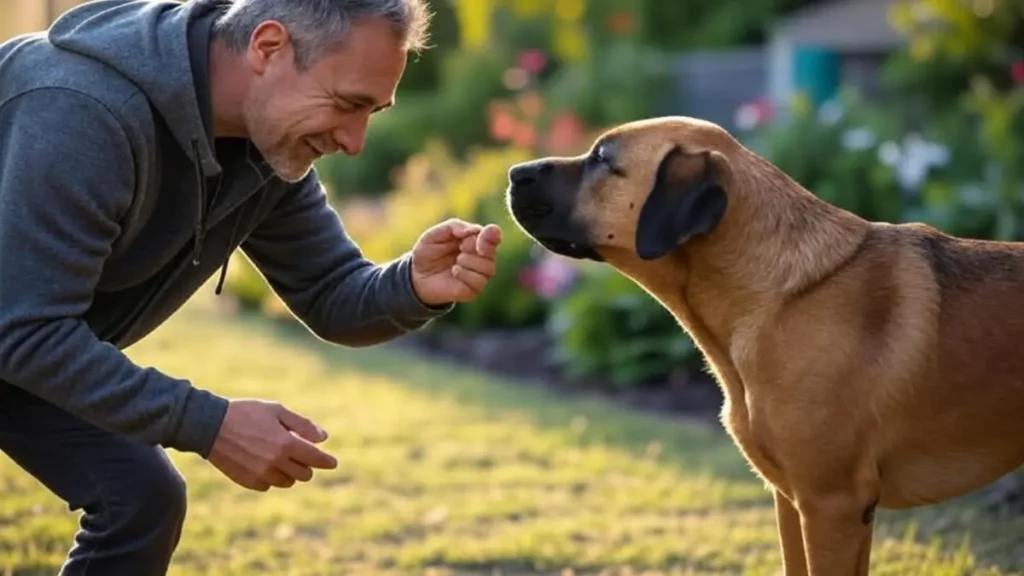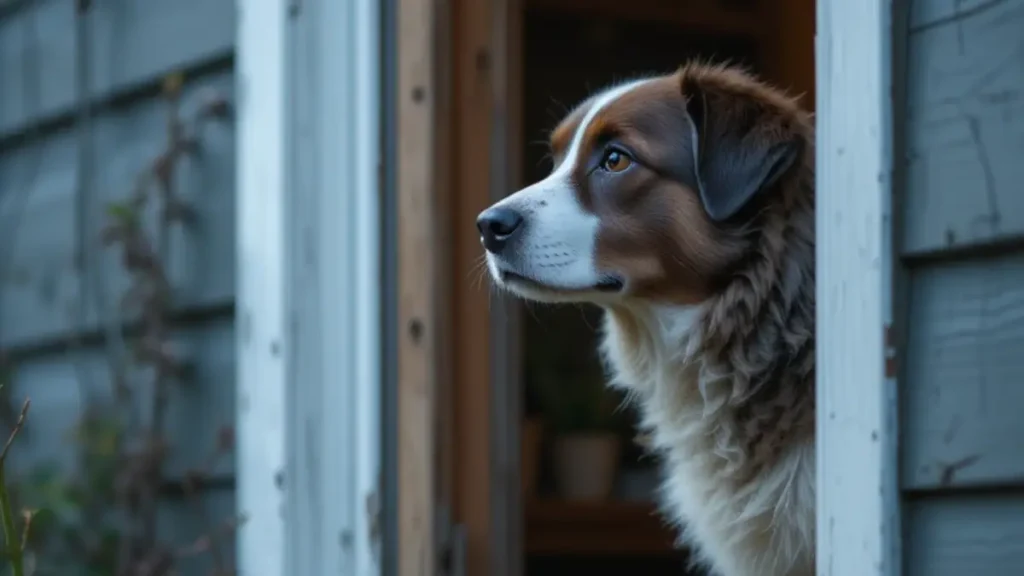When Can You ACTUALLY Start Training Your Adorable Puppy?
When to Start Training Your Puppy: A Pet Parent SA Guide to Early Success
Bringing a new puppy home is an incredibly exciting and precious time. As you navigate the whirlwind of cuddles, playtime, and a little bit of chaos, a common question arises: “At what age can I actually start training my puppy?”
The answer might surprise you—you can, and should, start training your puppy as soon as you bring them home, which is typically around eight weeks of age. This early start is the key to building a strong, positive bond and setting your furry friend up for a lifetime of good behavior.
The Critical Window: Why an Early Start Matters
Think of your puppy’s mind as a sponge during the first few months of their life. The period from about 6 to 16 weeks old is a “critical window” for socialization and learning. During this time, puppies are highly receptive to new experiences, lessons, and routines. By starting early, you can take advantage of this crucial developmental phase.
Even at just eight weeks old, your puppy can begin learning foundational cues like “sit,” “stay,” and “come.” This is also the perfect time to introduce their name and establish important household routines, like potty breaks and mealtimes.
Key Training Milestones for Your Puppy
To help you on this amazing journey, here is a timeline of key training milestones to focus on as your puppy grows:
- 8 Weeks Old: Welcome to the start of your training adventure! This is the ideal time to introduce your puppy to simple, positive reinforcement for basic commands. Focus on gentle handling, social interactions with family members, and introducing their crate as a safe, comfortable space.
- 10–12 Weeks Old: Your puppy is ready to learn more! This is the perfect time to reinforce household rules, like where they are allowed and not allowed to go. You can also begin introducing leash skills indoors to make walks a breeze later on. This is also a crucial time to work on bite inhibition to teach them not to nip or bite too hard.
- 12–16 Weeks Old: By this age, most puppies have had their core vaccinations and are ready for the next level of learning. This is an excellent time to enroll in puppy classes. These classes are not just for obedience; they are essential for advanced socialization with other dogs and people in a controlled environment.
- 4–6 Months Old: Consistency becomes your best friend as your puppy enters their adolescent stage. This is when they might test boundaries, so continuing to build on their skills and practicing in new environments will reinforce the positive behaviors you’ve established.
The Golden Rules of Puppy Training
Remember these three golden rules to ensure your training sessions are a success:
- Keep it Positive: Always use gentle, reward-based methods. This means using treats, praise, and toys to reinforce good behavior. Avoid harsh discipline, which can cause fear and anxiety.
- Keep it Short & Sweet: Puppies have very short attention spans. Keep training sessions brief (think 5-10 minutes) and fun to keep them engaged and prevent frustration.
- Be Patient & Consistent: Consistency is absolutely vital. Make sure every member of the household is on the same page with commands and rules. Patience is also key—your puppy is still learning and will make mistakes!
Training is a lifelong process, and continuing to work with your dog as they mature will lead to the best results. By starting early and using these simple, positive methods, you’ll be on your way to raising a well-behaved, confident, and happy companion.
CLICK HERE to download the 3 Golden Rules for Puppy Training Checklist


